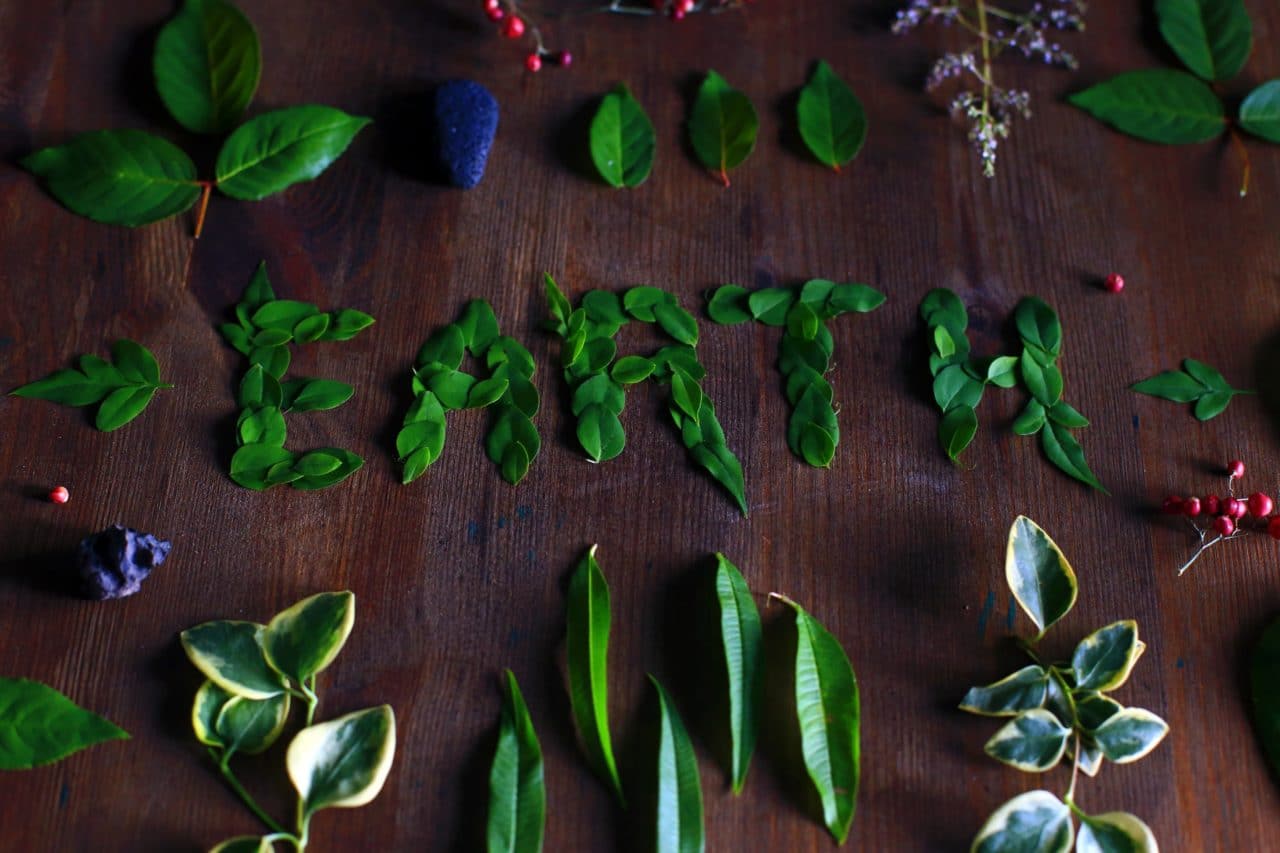Following the release of the IPBES Global Assessment on Monday 6 May, the Soil Association has issued a statement of response, calling it a ‘stark warning’ about over-use of the world’s natural resources.
The report comes from the Intergovernmental Science-Policy Platform on Biodiversity and Ecosystem Services – a panel which studies the human benefits of nature – and shows that biodiversity is declining globally at ‘unprecedented rates’, further commenting that continued degradation of the planet’s soils will result in a failure to halt the effects of climate change.
Our over-use of the land and sea is eroding the natural foundations of our livelihoods and societies, and we simply cannot halt climate change without halting soil degradation.
Joanna Lewis, policy director at the Soil Association, comments: “This report from IPBES issues a stark warning – our over-use of the land and sea is eroding the natural foundations of our livelihoods and societies, and we simply cannot halt climate change without halting soil degradation.
“Soils hold three times more carbon than the atmosphere and all life depends on it for food. The rapid deterioration of our soils and the collapse of biodiversity is an environmental emergency alongside climate change.
“The Government must act now to join the dots in proposals for the future of agriculture policy. We welcome the Government’s commissioning of Sir Partha Dasgupta to report on the economics of biodiversity ahead of next year’s UN Biodiversity conference, but there is enough evidence already that intensive farming and pesticide use are the primary drivers in global insect collapse. We need action now to support a major farming and land use transition.
There is enough evidence already that intensive farming and pesticide use are the primary drivers in global insect collapse
“We urgently need policy that supports farmers to adopt nature friendly agroecological farming methods like agroforestry and organic, which put natural systems first and chemicals last. Research has shown this type of farming holds the answer to restoring biodiversity and soil, halving greenhouse gas emissions, while still being able to feed a growing European population a healthy diet. We call on the Government to prioritize soil health and agroecology in the upcoming Agriculture and Environment Bills,” finishes Lewis.




